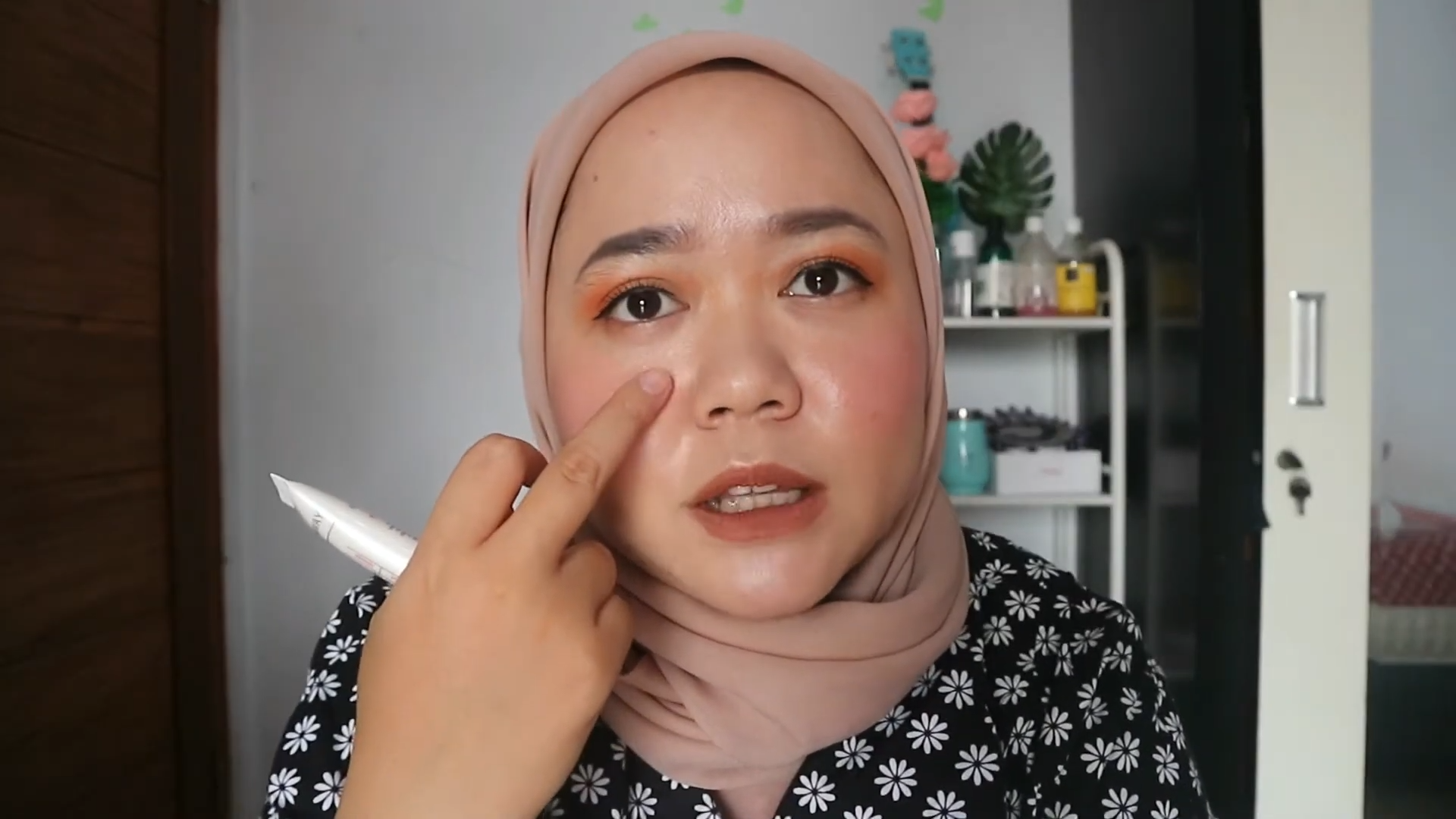Conquer Stubborn Acne: Understanding the Root Causes of Excess Oil, Clogged Pores, Bacteria, and Hormones. Acne is a common and annoying skin problem that affects millions of people worldwide. Although often thought of as a teenage problem, acne can occur in adults of any age. Understanding the root causes of acne is critical to developing effective treatment strategies.
Excess Oil (Seborrhea)
Excess oil production is one of the main factors contributing to acne. The oil, produced by the sebaceous glands, helps keep the skin moisturized and protected. However, excessive oil production can clog pores and create an ideal environment for bacterial growth.
Causes of excess oil include:
- Genetics
- Hormones (especially androgens)
- Stress
- Diet high in sugar and dairy products
Clogged Pores
Pores are small holes in the skin that allow oil and sweat to escape. When pores become clogged with dead skin cells, oil, and bacteria, it can lead to the formation of blackheads (black or white spots) and acne.
Causes of clogged pores include:
- Excess oil production
- Accumulation of dead skin cells
- Use of skin care products that clog pores
- Pollution
Bacteria
Propionibacterium acnes (P. acnes) is a bacteria that lives on the skin and is usually harmless. However, in people with acne, P. acnes can overgrow and cause inflammation. These bacteria feed on the oil produced by the sebaceous glands, producing fatty acids that irritate the skin and cause acne.
Hormone
Hormones, especially androgens, play an important role in the development of acne. Androgens are hormones produced by the adrenal glands and ovaries. During puberty, androgen levels increase, which can stimulate oil production and cause acne. Apart from androgens, other hormones such as estrogen and progesterone can also affect acne. Hormonal fluctuations during the menstrual cycle can worsen acne in some women.
Other Contributing Factors
Apart from the main factors mentioned above, several other factors can also contribute to acne, including:
- Diet: Foods high in sugar and dairy products can make acne worse.
- Stress: Stress can trigger the production of hormones that can make acne worse.
- Medications: Some medications, such as corticosteroids and lithium, can cause acne as a side effect.
- Genetics: Acne can run in families.
Overcoming Stubborn Acne
Treating stubborn acne requires a multifaceted approach that addresses all the underlying causal factors. Treatment may include:
- Topical Treatments: Creams and gels containing retinoids, salicylic acid, or benzoyl peroxide can help reduce oil production, unclog pores, and kill bacteria.
- Oral Antibiotics: Antibiotics such as doxycycline and minocycline can help kill P. acnes bacteria and reduce inflammation.
- Isotretinoin: This powerful prescription drug is used to treat severe acne that has not responded to other treatments.
- Lifestyle Changes: Managing stress, following a healthy diet, and avoiding skin care products that clog pores can help reduce acne.
- Hormonal Treatments: For women with acne related to hormonal fluctuations, birth control pills or anti-androgen medications can help regulate hormones and reduce acne.
Conclusion
Acne is a complex skin problem with various causal factors. Understanding the root causes of acne is critical to developing effective treatment strategies. By addressing underlying factors, such as excess oil production, clogged pores, bacteria, and hormones, individuals can conquer stubborn acne and achieve clearer, healthier skin.








